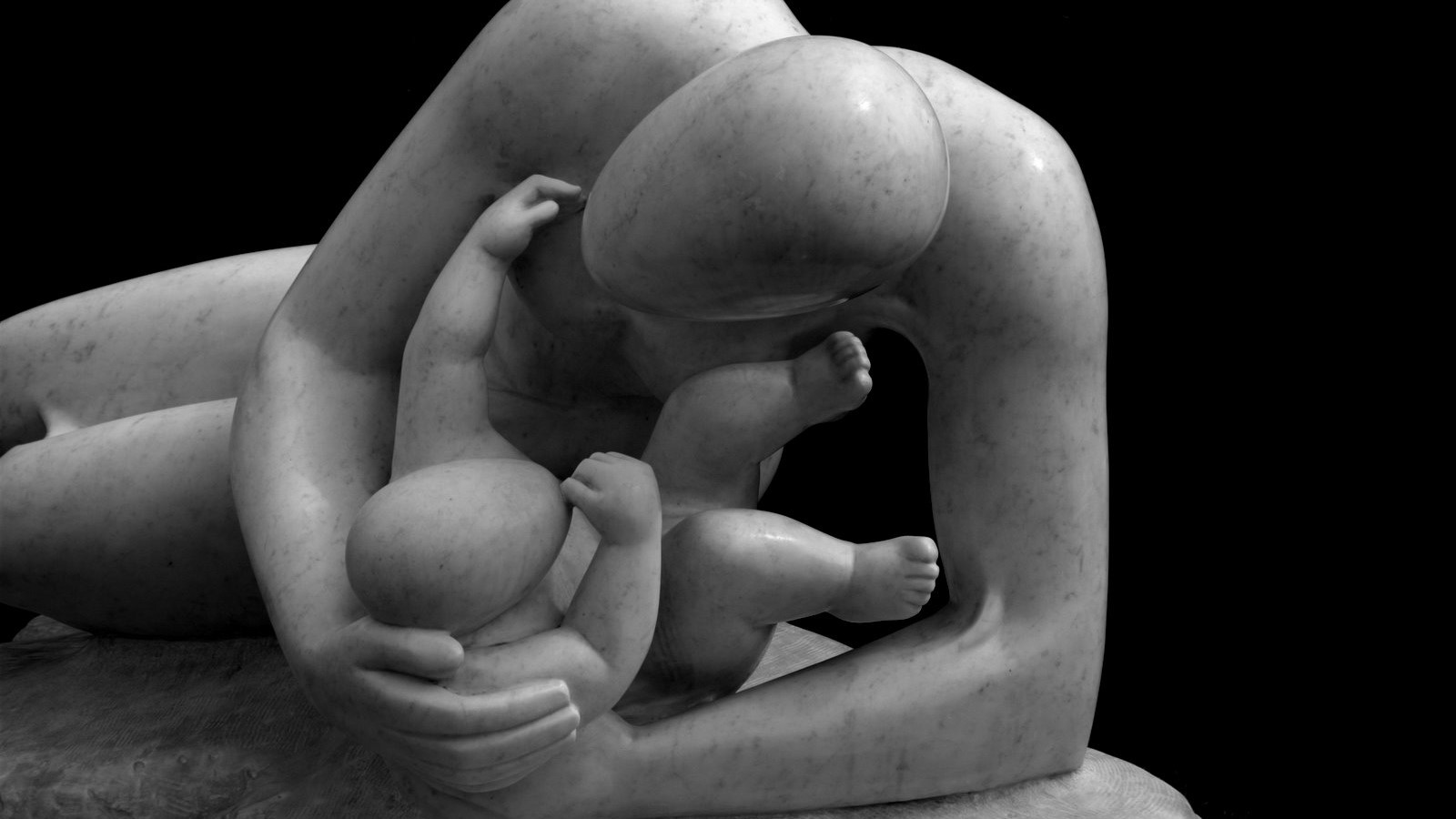
Psalm 131
A SongA of Ascents.B Of David.C
A “Song” = shir. From shir (to sing; one who is singing or leading others in song). This is song or singer.
B “Ascents” = ma’alah. From ma’aleh (ascent, platform, slope, stairs, cliff, elevation, a rise; figuratively, a priority); from alah (to go up, ascend, be high, be a priority; to arise in a literal or figurative sense). This is something that arises, elevation, a journey to a higher pane. This can be used figuratively to mean having a though or being of a superior status. It is often used in a specific sense for something the mounts to a climax. This is step, stair, or high degree.
C “David” = David. From the same as dod (beloved, love, uncle); the root may mean to boil, which is used figuratively to describe love. So, this implies someone you love such as a friend, a lover, or a close family member like an uncle. David’s name likely means something like “beloved one.”
1 O Lord,D my heartE is not lifted up;F
my eyesG are not raised too high;H
D “Lord” = YHVH. From havah (to be, become) or hayah (to come to pass, become, be). This is the name of the God of Israel, the self-existent and eternal one, the tetragrammaton. This pronunciation has been lost to time so “Lord” is generally used in its place.
E “heart” = leb. May be related to labab (to encourage; properly, to be encased as with fat; used in a good sense, this means to transport someone with love; used in a bad sense, it can mean to dull one’s senses). This is the heart, courage, one’s inner self, the mind, or the will. Heart is only used in a figurative sense in the Old and New Testaments.
F “lifted up” = gabahh. This is to soar or be lofty. So, this is to be high or lift up literally. Figuratively it means to be exalted or proud.
G “eyes” = ayin. This is eye in a literal or figurative sense so eye, appearance, favor, or a fountain (the eye of the landscape).
H “raised too high” = rum. This is to rise or raise, to be high literally or figuratively. So it can also mean to exalt or extol.
I do not occupyI myself with things
too greatJ and too marvelousK for me.
I “occupy” = halak. This is go, come, walk. It is walk literally and figuratively and includes people and animals. It can be used figuratively for one’s moral life – how we walk according to God’s way or against it. It can also refer to the walk of life as in the course one’s life takes, the choices we make, etc.
J “things too great” = gadol. From gadal (to grow up, become great, become wealthy – to advance. The root meaning may be to twist in the sense of the process of growing). This is great, high, bigger, noble, old, marvelous. It can also refer to someone who is powerful or distinguished.
K “too marvelous” = pala. From pele (wonder, miracle, wonderful, marvelous thing). This is to be extraordinary, to arise, to be great or accomplish.
2 But I have calmedL and quietedM my soul,N
like a weaned childO with its mother;P
my soul is like the weaned child that is with me.
L “calmed” = shavah. This is to equalize, resemble, agree with, compare, adjust, compose, place, or yield.
M “quieted” = damam. This is to cease, be or become mute, silent, still, cut off, hold peace, be astonished, or die.
N “soul” = nephesh. Related to naphash (to refresh or be refreshed). This is soul, self, person, emotion. It is a breathing creature. Can also refer to appetites and desires.
O “weaned child” = gamal. This is how one deals with someone whether positively or negatively – so to reward, requite. It can also mean to wean or the work that goes into something ripening.
P “mother” = em. This is a mother as binding a family together or a breeding female animal. It could be mother in a literal or figurative sense.
3 O Israel,Q hopeR in the Lord
from this time on and forevermore.S
Q “Israel” = Yisrael. From sarah (to persist, exert oneself, contend, persevere, wrestle, prevail) + el (God or god). This is Israel, meaning God strives or one who strives with God; new name for Jacob and for his offspring. This refers to the people and to the land.
R “hope” = yachal. This is to wait, which implies patience, hope, and trust. It can also be pained waiting.
S “forevermore” = ad + olam. Ad is until, up to, before. Olam is a long scope of time whether in the past (antiquity, ancient time) or in the future (eternal, everlasting).
Image credit: “Mother and Baby XI” by Stella Shawzin. Photo by Elspeth Briscoe, 2008.
